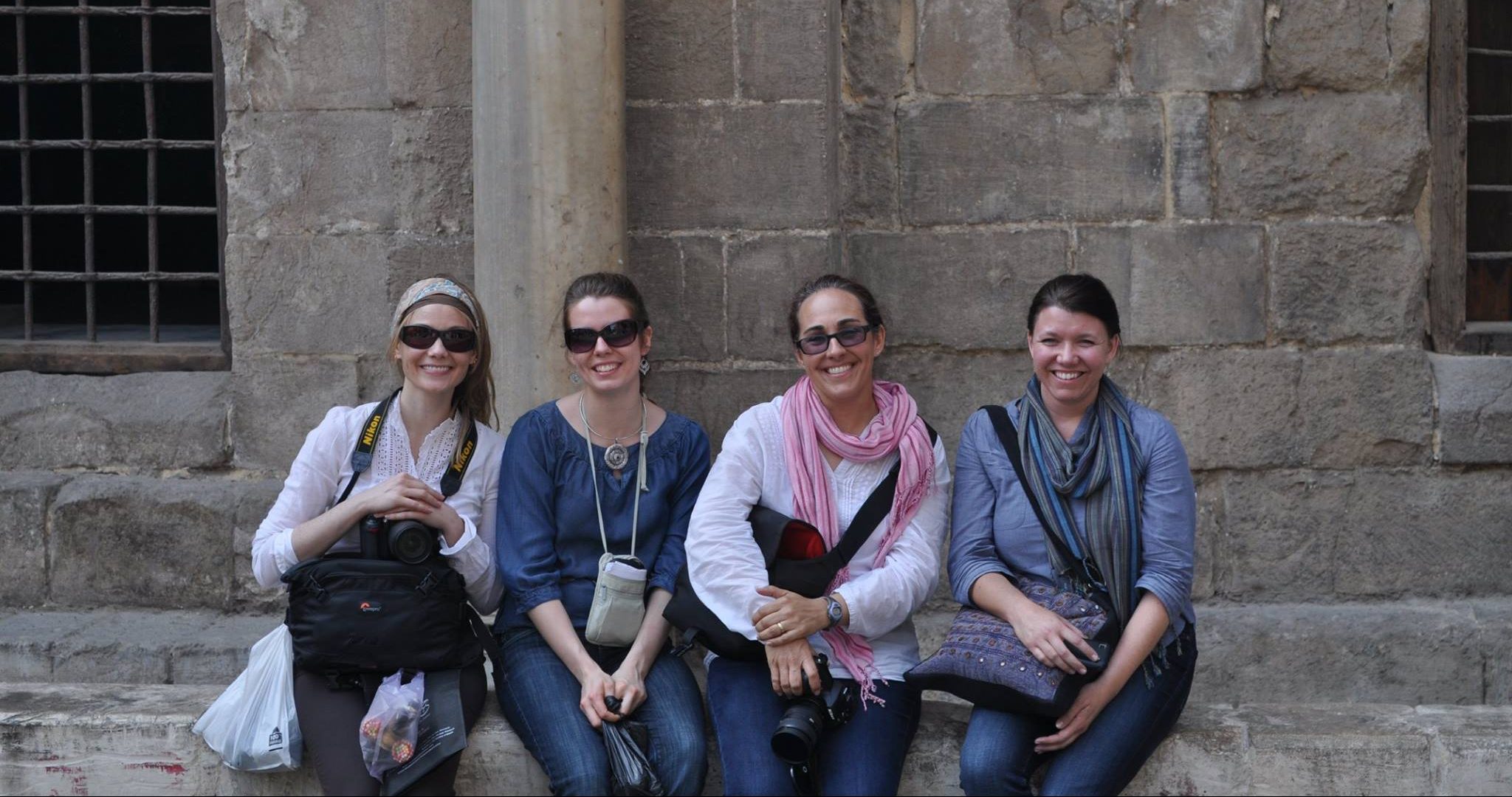
When someone says “Ramadan,” what other words come to your mind? Fasting? Feasting? Traffic? Grocery store markups?
You might not be alone. I believe many people – non-Muslims, particularly – view Ramadan as a month of food and fun, with a shortened work or school day thrown in as an added bonus.
What if I were to tell you that fasting and feasting are only the tip of the iceberg? Dig a little deeper and you get to the true meaning of Ramadan.
But before we pull out our picks and shovels, let’s give a nod to the rich food culture associated with Ramadan. Whole recipe books have been devoted to this topic, so I’ll only briefly touch on the iftar and its bookend buddy – the suhoor.
With the sunset and the call of the muezzin, Muslims break their fast with a special meal called an iftar, which literally means “breakfast.” After a starter of dates and juice, families and friends gather and eat a hearty meat-based meal. Popular meals include kofta, chicken pane, mahshi, and macarona bechamel.

(I’ve never met a mahshi I didn’t like, but mahshi crumb (stuffed cabbage leaves) is my favorite)
But wait, there’s more! This iftar comes with entertainment. Just like the beloved “Christmas specials” of American television, a bundle of highly popular comedies and reality shows are piped into Egyptian households everywhere just for the month of Ramadan.
How you spend your evenings during Ramadan surely differs per person, but the family I lived with in Imbaba years ago stayed up the entire night watching television, running errands (yes, at 2am), and preparing food. Other people spend the night in prayer, particularly during the final period of Ramadan known as laylat al-qadr (“Night of Power”). Still other people actually go to bed and sleep for some portion of the night. Before dawn, however, everyone assembles for one more meal: the suhoor. This meal – the suhoor – usually features traditional breakfast foods like fuul and ta’meya.
All this feasting, however, is just the tip of the cake, the icing on the iceberg. At its core, Ramadan is about developing spirituality and showing compassion. I witnessed this up close and very personally one Ramadan years ago. Entirely by accident, I ran into a group of volunteers preparing a meal outside of a mosque during the heat of the day. They invited me to join in and, while peeling potatoes, I learned that anyone in need would be invited to come and enjoy a free iftar at the long communal table set up in the middle of the street. Volunteers like themselves would be coming later to serve the meal to the guests.

(“Ramadan Table” volunteers)
Well, of course I wanted my kids to experience the Ma’ida Ramadan (“Ramadan Table”). We came back the next day, an hour before sunset, ready to get to work. And work we did. The guests at that Ramadan table were hungry, tired, and – in some cases – cranky. My kids will not hesitate to tell you that it was an uncomfortable experience. I found it rewarding and character building. I would do it again in a heartbeat. My kids – not so much.

(“Ramadan Tables” – the more, the merrier!)

(Ramadan bags – the ultimate care package)
Assembling and distributing Ramadan bags, however, is a different story. It doesn’t take much to convince my kids to help deliver bags filled with staples such as rice, lentils, sugar, and cooking oil to families in need.

(Many hands make light work…fill those bags assembly-line style!)
You, too, can get into the true spirit of Ramadan. Put together Ramadan bags and distribute them to your bowaabs on your street. Spend an afternoon working at a Ramadan food bank such as “Et3am.” Remember that Ramadan is more than fasting and feasting. And if you decide to venture out to your local Ma’ida Ramadan…I’ll see you there!



